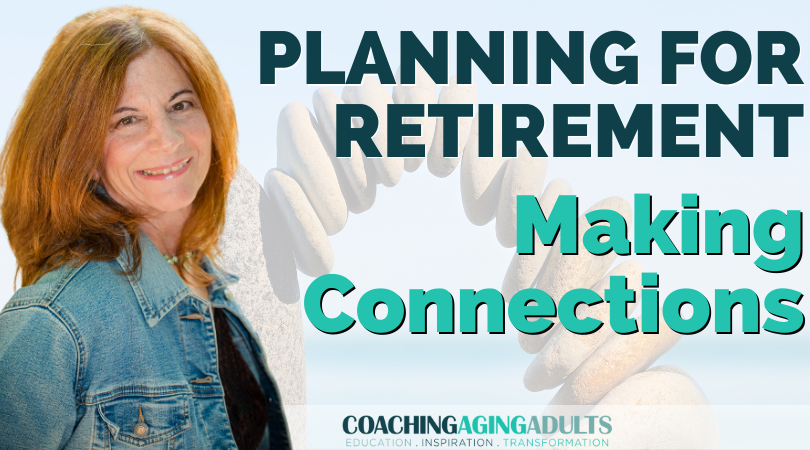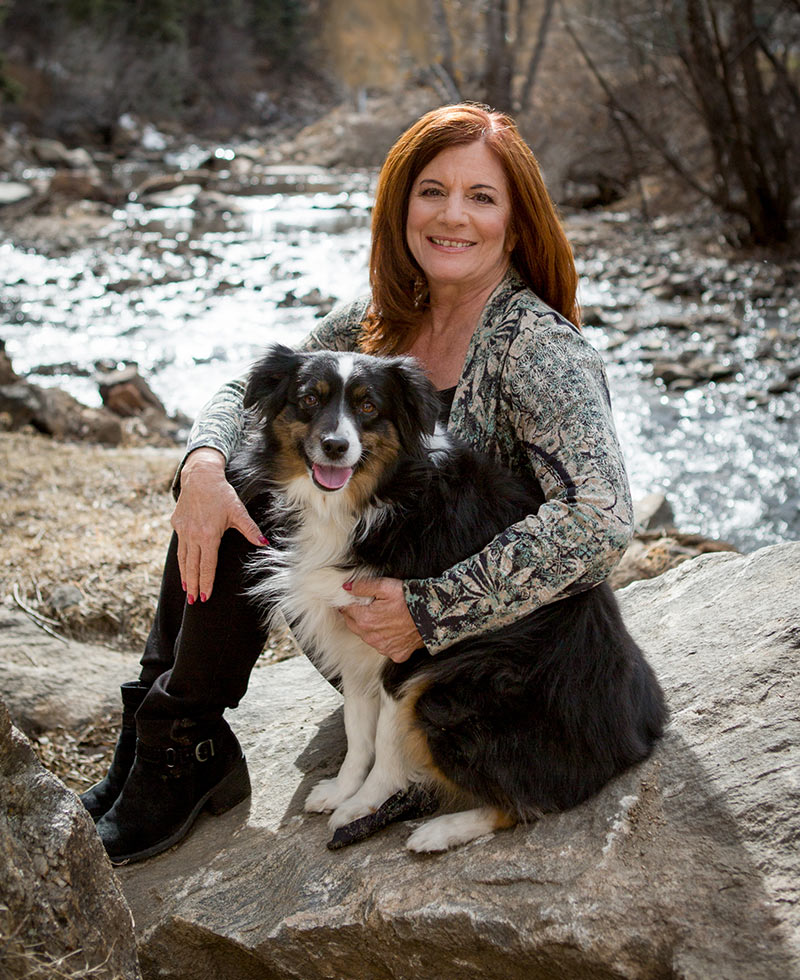Social connection is a vital aspect of our lives that often goes overlooked especially after retirement. We tend to think of friends as nice to have, but the research shows that social connection is much more important than that. In fact, recent studies have found that having strong social connections can decrease the chance of developing dementia by almost 30%. This is a significant finding, especially as many people become increasingly concerned about dementia as they age.
But the benefits of social connection don’t stop there.The COVID-19 pandemic has highlighted the importance of social connections in decreasing mental health problems such as depression and anxiety. With many people struggling with isolation and loneliness, it’s no surprise that the use of mental health services has skyrocketed. Unfortunately, this increased demand has led to a shortage of therapists, counselors, and coaches, making it difficult for many people to access the help they need.
The research also supports the idea that social connections can have a positive impact on our overall health. This means that making connections with others is not only good for our mental health but our physical health as well. In fact, some experts argue that connecting with others can be one of the easiest ways to take care of ourselves and practice self-care.
So, how can we make connections?
One of the most obvious ways is through family. Connecting with our kids and grandparents can be easy and natural when it works. However, family connections can also be a source of stress, which is why it’s important to find ways to deepen connections and strengthen relationships. Another way to make connections is through activities. Whether it’s a hobby, a class, or a volunteer opportunity, these activities can provide opportunities to meet new people and develop acquaintances.
Another important aspect of social connection is relationships. This includes connections with a life partner, whether that’s through marriage or dating. Relationship counseling and dating coaching can be helpful for those who have lost a partner through divorce or death and are looking to bring someone new into their lives.
It’s also important to have friendships of all ages. As we get older, we tend to lose people in our lives, whether through death or distance. Having friends of all ages can help to prevent isolation and provide support as we navigate different stages of life.
In conclusion, social connection is much more than just having friends. It’s essential for our physical and mental health, and there are many ways to make connections, such as through family, activities, and relationships. By making connections and strengthening relationships, we can improve our overall well-being and decrease the risk of developing dementia, depression, and anxiety.


